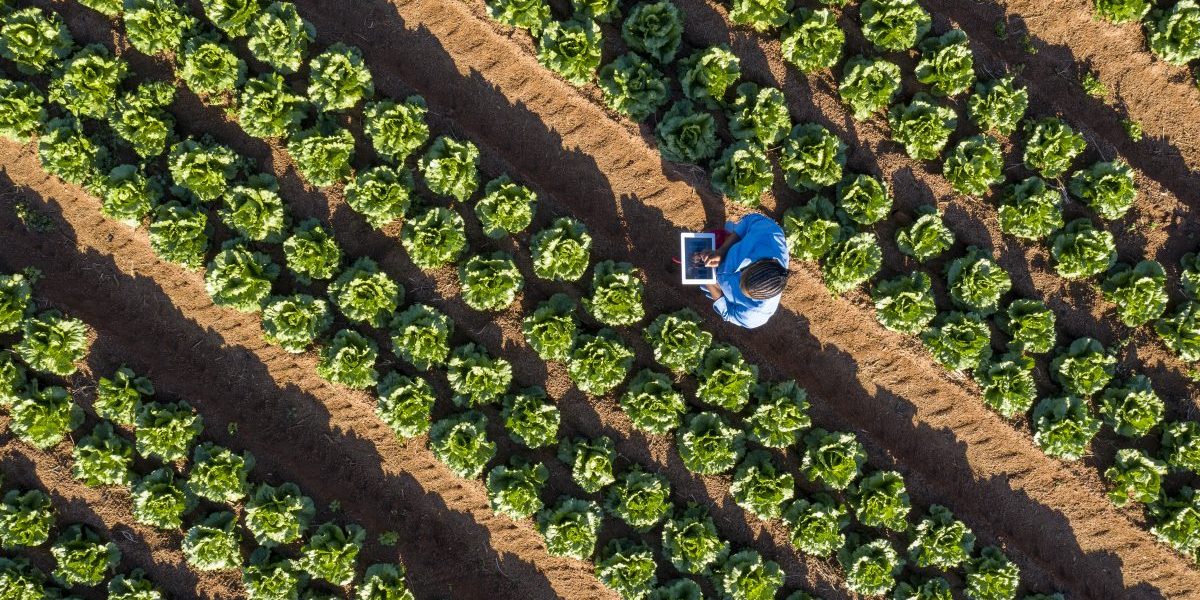Summary:
- Horizon scanning is well-suited to the study of frontier technologies and innovation. In the case of Southern Africa, it is important to consider not only what is scientifically or technically possible, but also how it can be adapted to the specific regional context. For example, technologies cannot be used in the same way for large-scale commercial farmers and small-scale or subsistence farmers. The region also faces specific challenges, including unequal access to energy and connectivity.
- Gene editing technology is cheaper and easier than transgenic engineering, and it is also not as tightly controlled by a few companies. It may therefore develop in a more democratic way. In fact, there are already many African researchers conducting research on gene editing for drought resistant crops and breeds.
- When it comes to precision agriculture, it is possible to develop solutions that use advanced technologies in the back-end with a basic user interface in the front-end. This allows more targeted and efficient extension services.
- New data sources and risk models also enable new insurance models, including for previously unserved clients (eg, weather index insurance for small-scale farmers or insurance bundled with seed purchases). The Africa Risk Capacity provides an example of how risk pooling allows the transfer of climate risk away from individual governments to pan-African climate response systems for natural disasters.
- Controlled environment agriculture is projected to grow in the next 10-15 years and Southern Africa is well-placed to benefit from this growth and even contribute to it. Researchers and businesses should consider how to make these farms energy-efficient, or off-grid renewables (eg, through the use of solar technologies benefitting from abundant sunshine).








